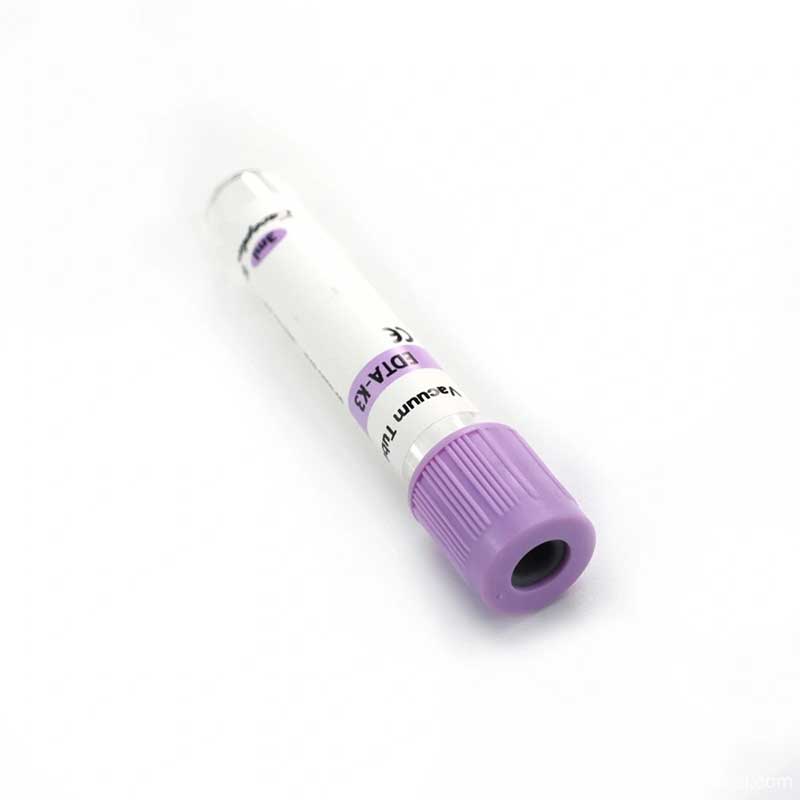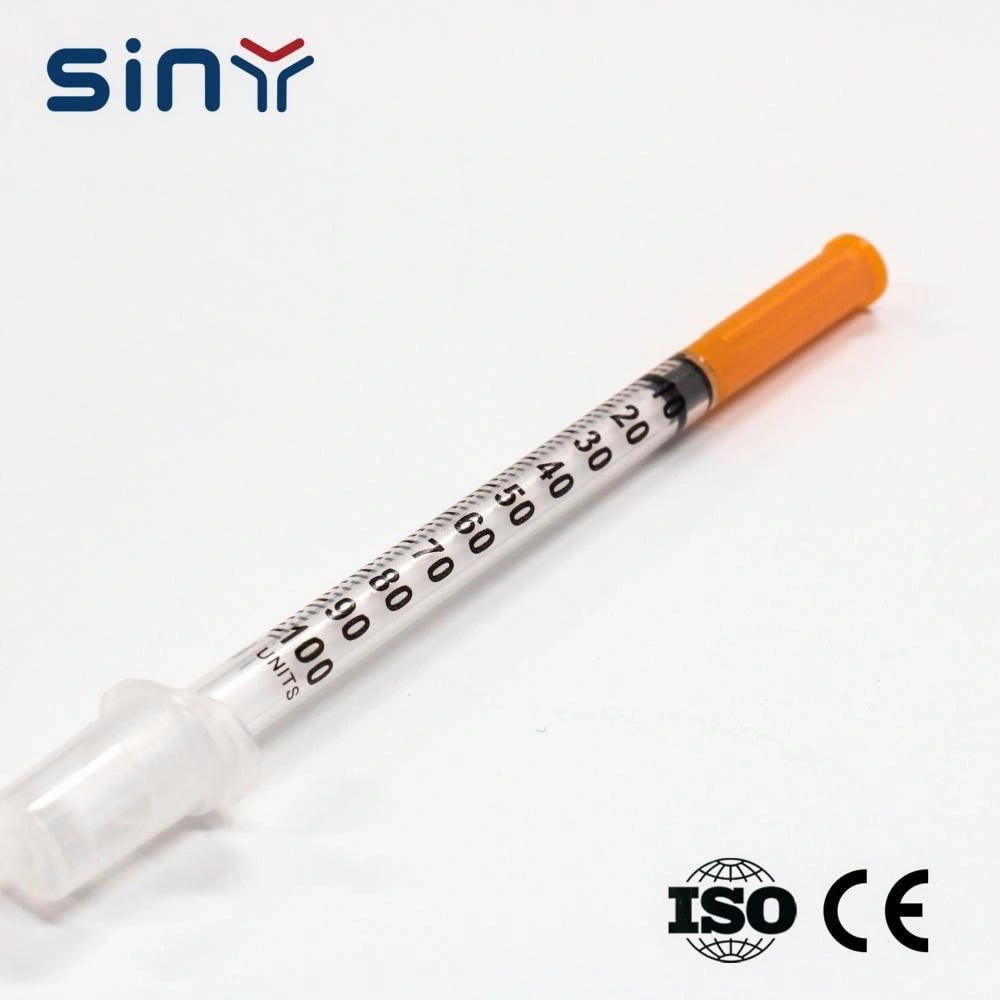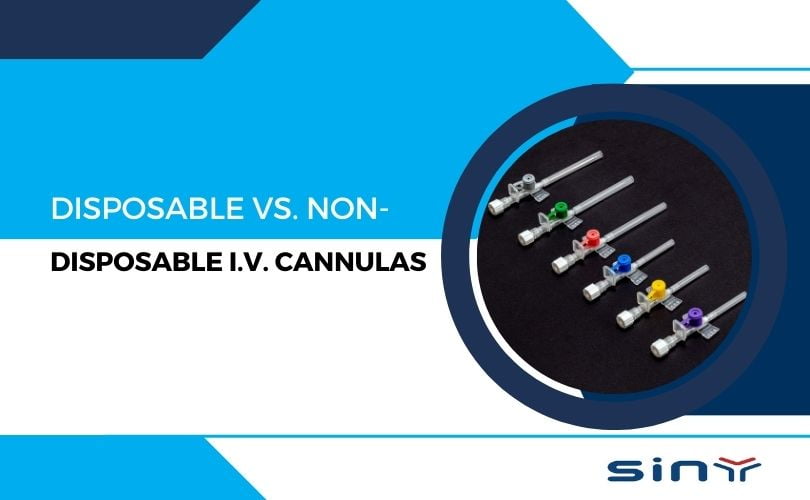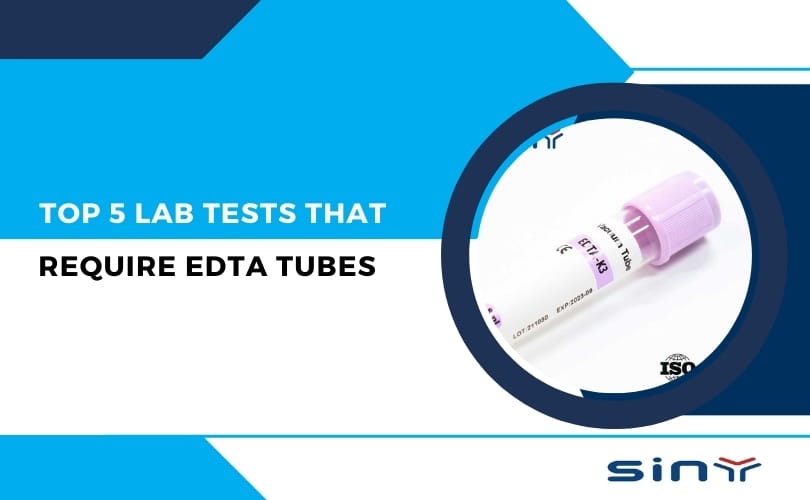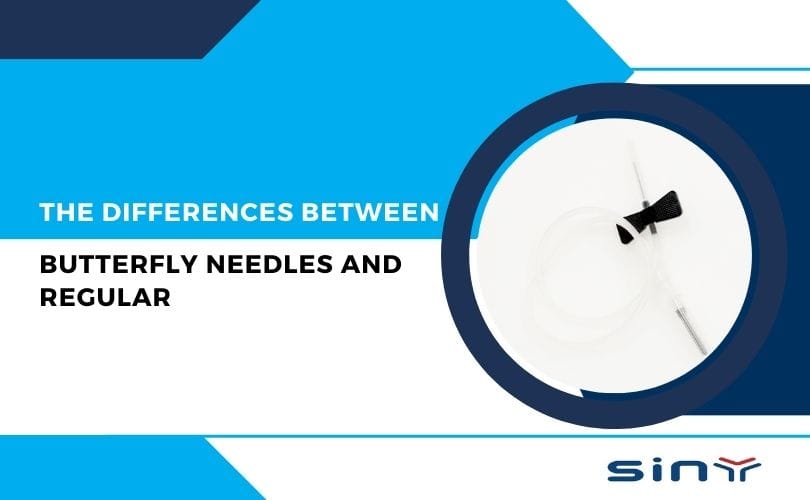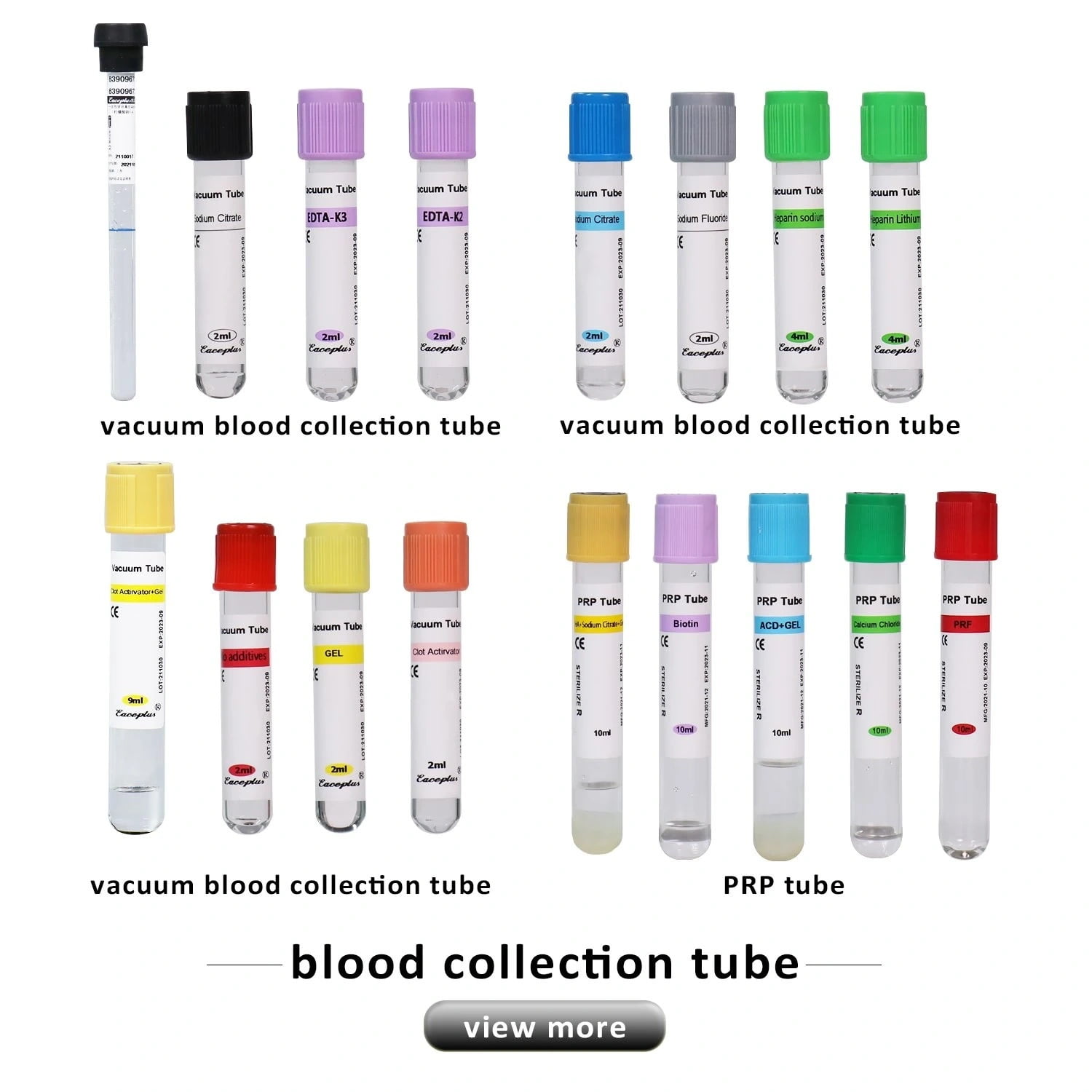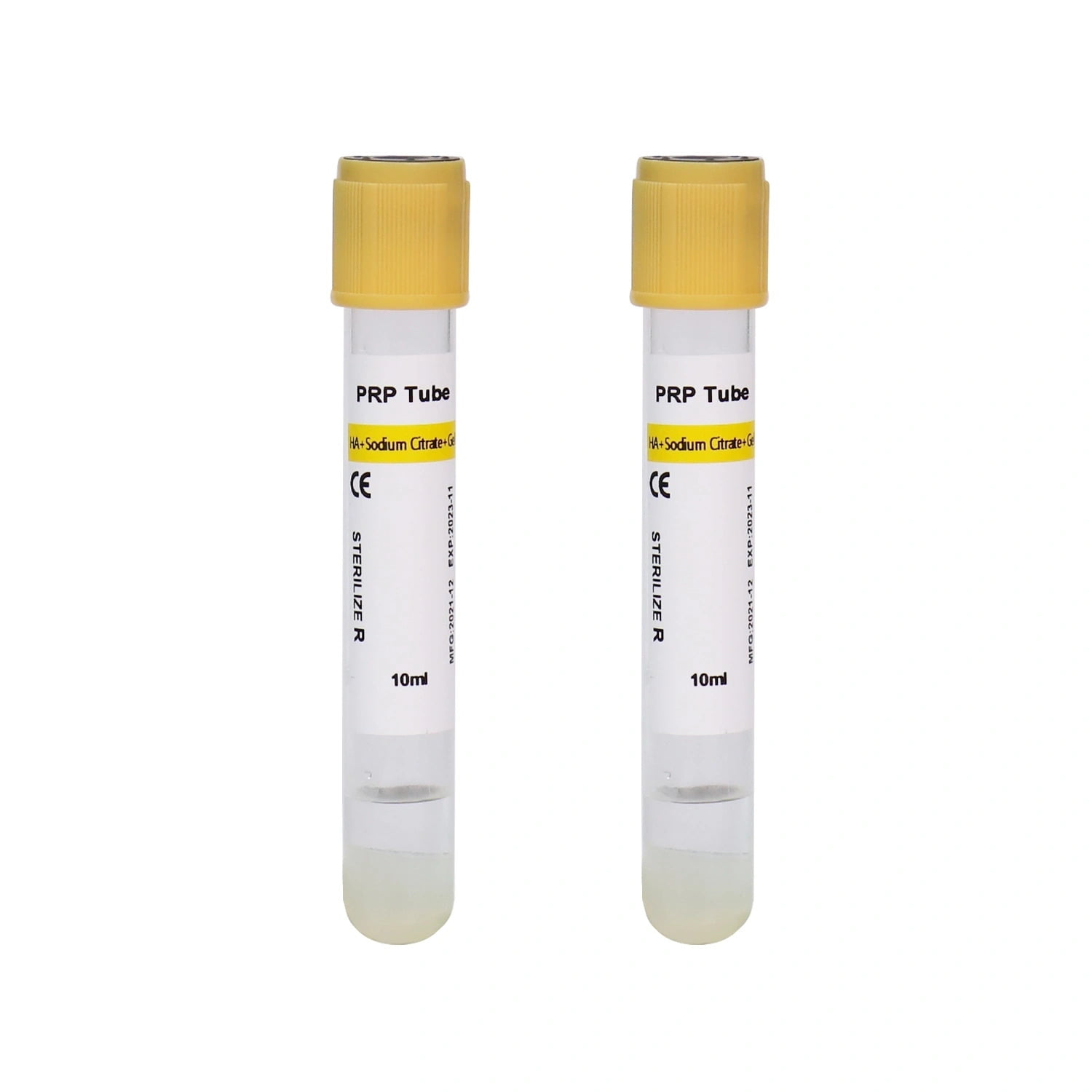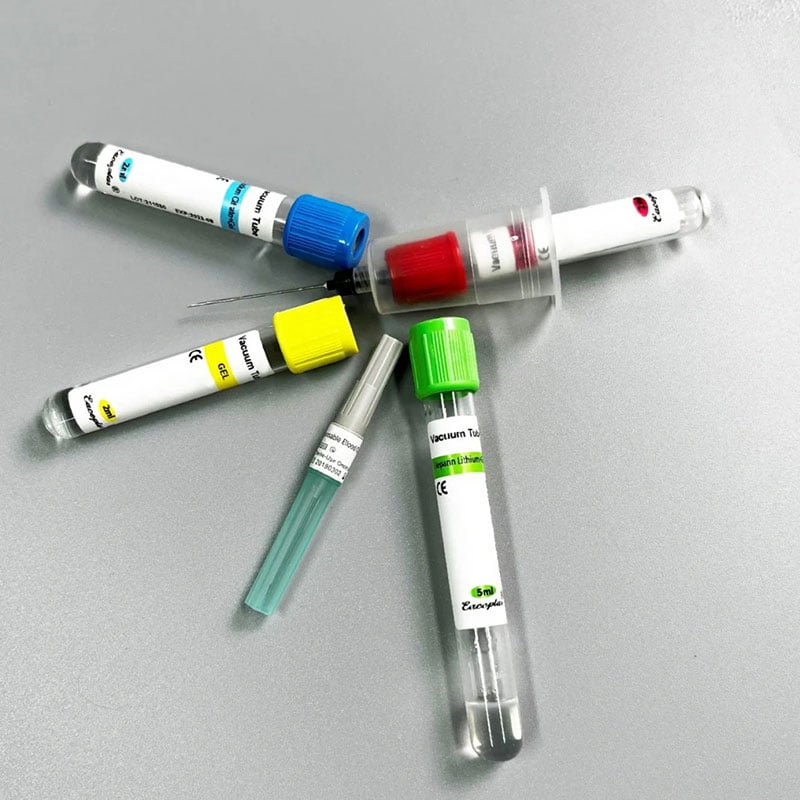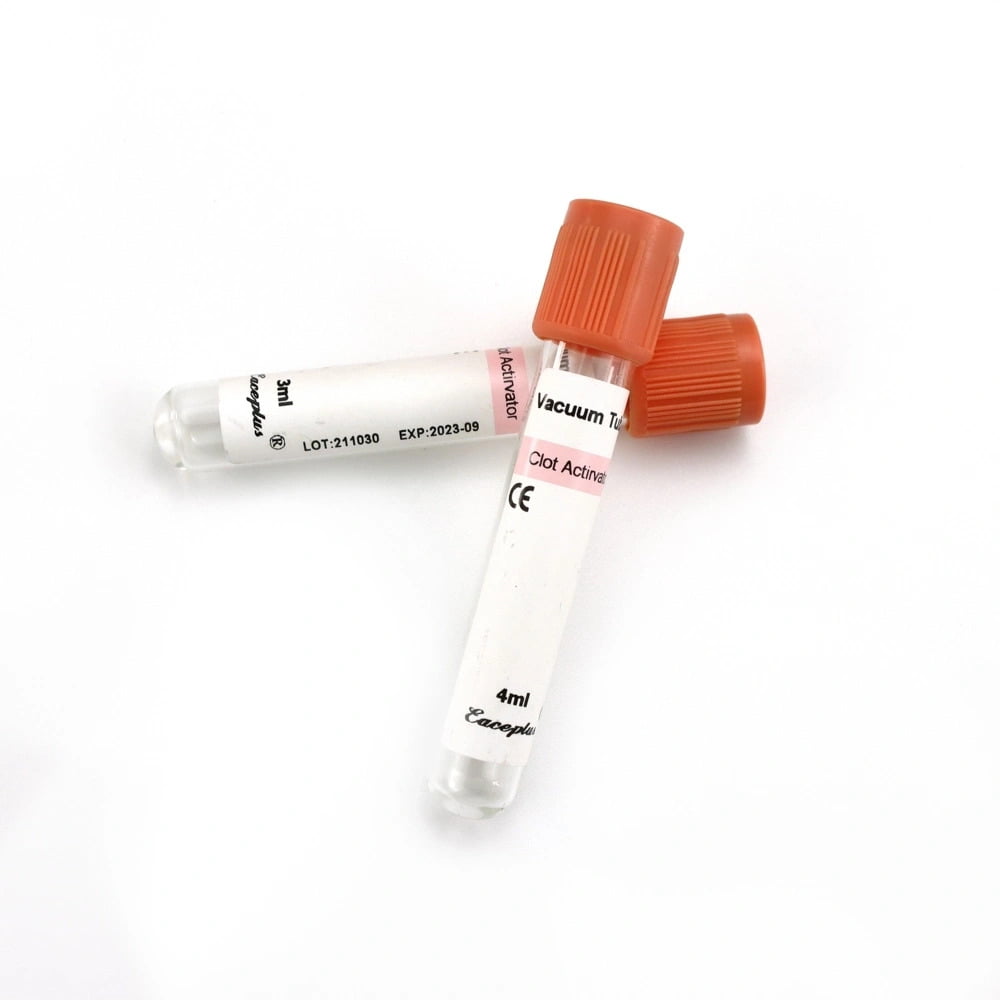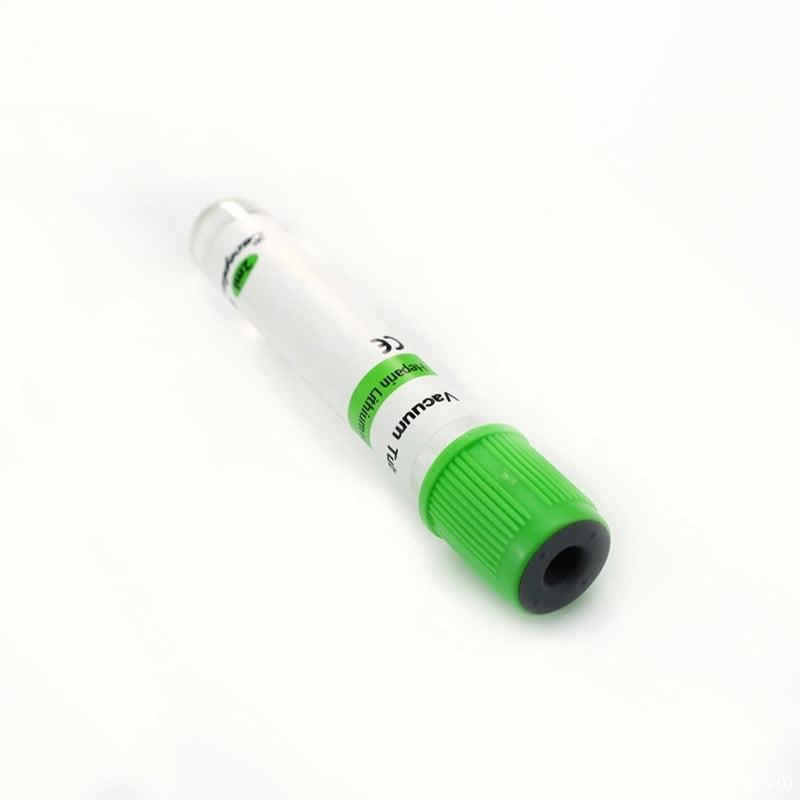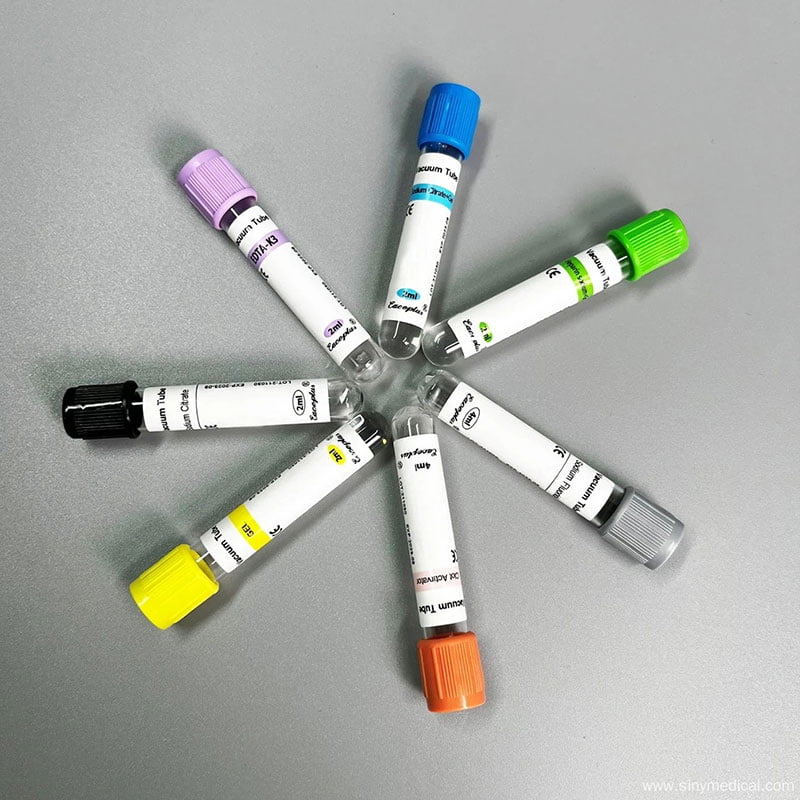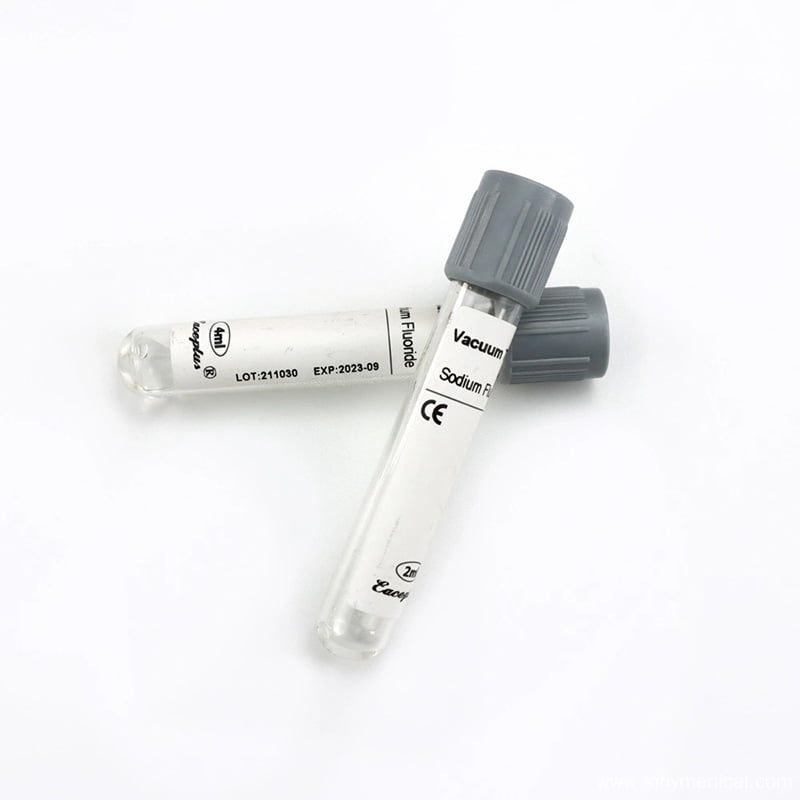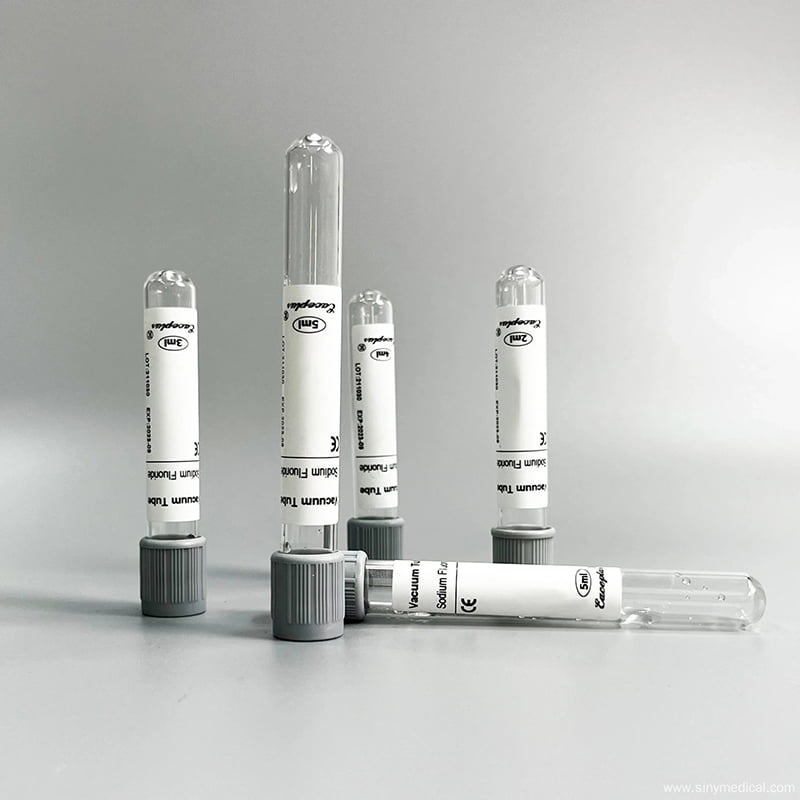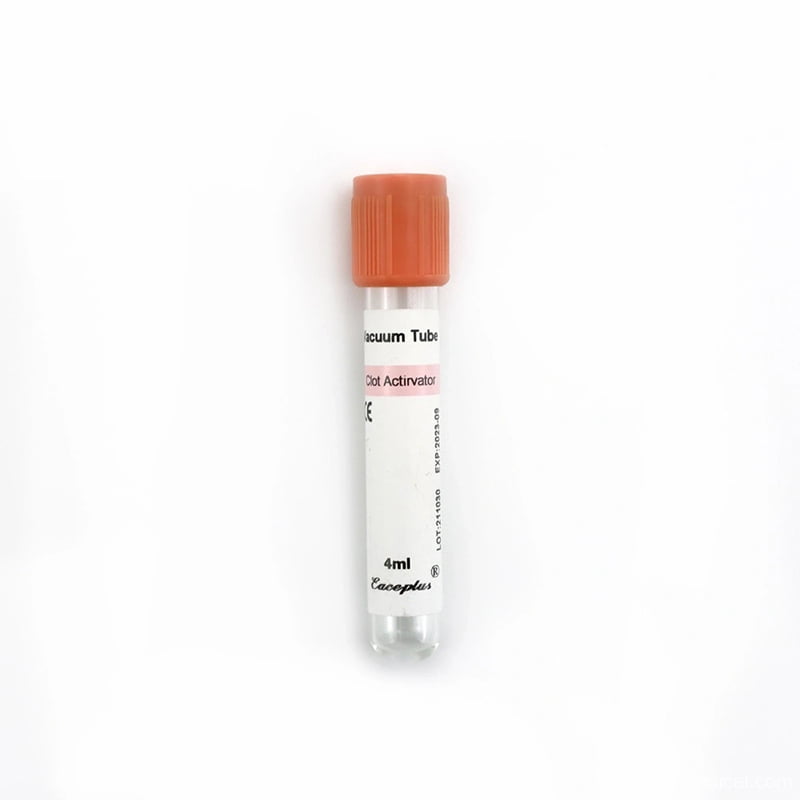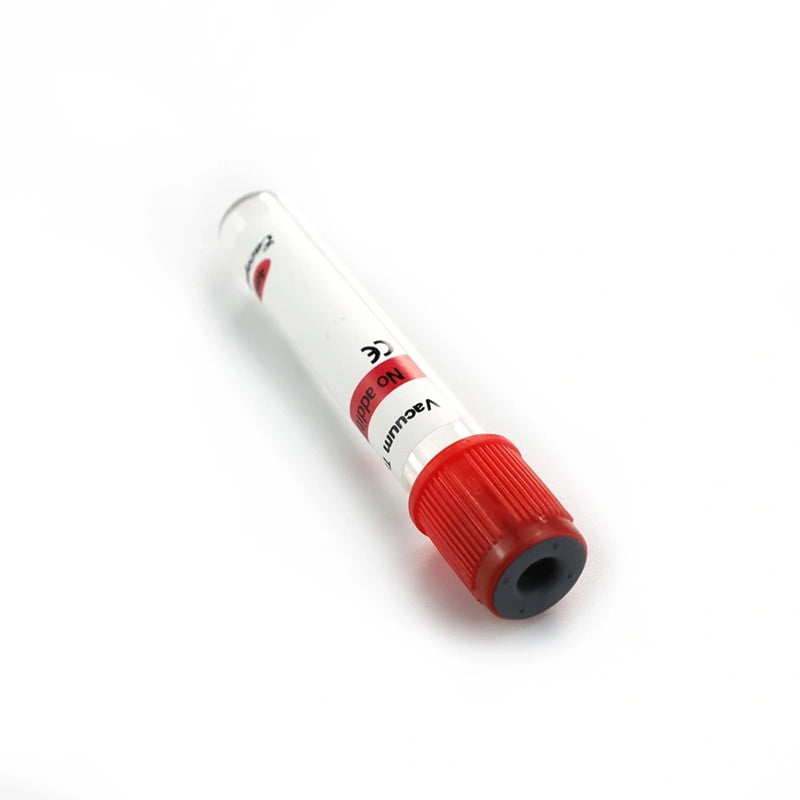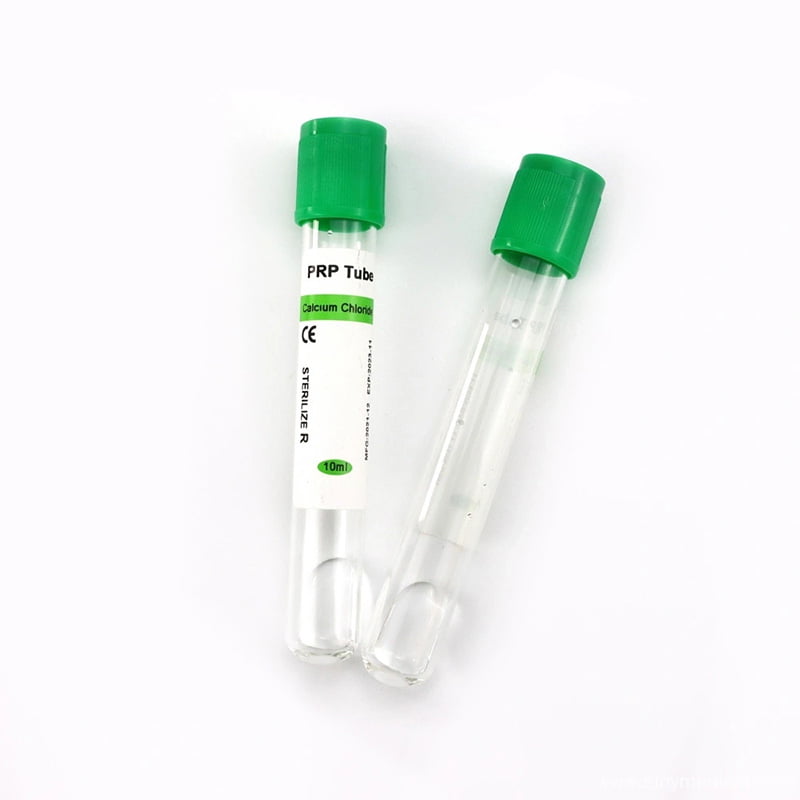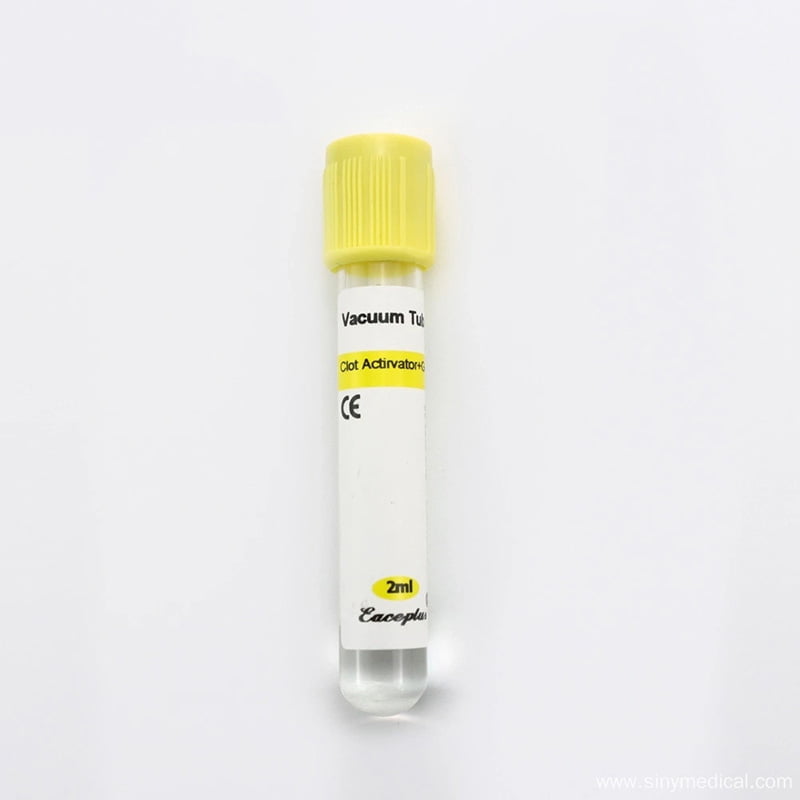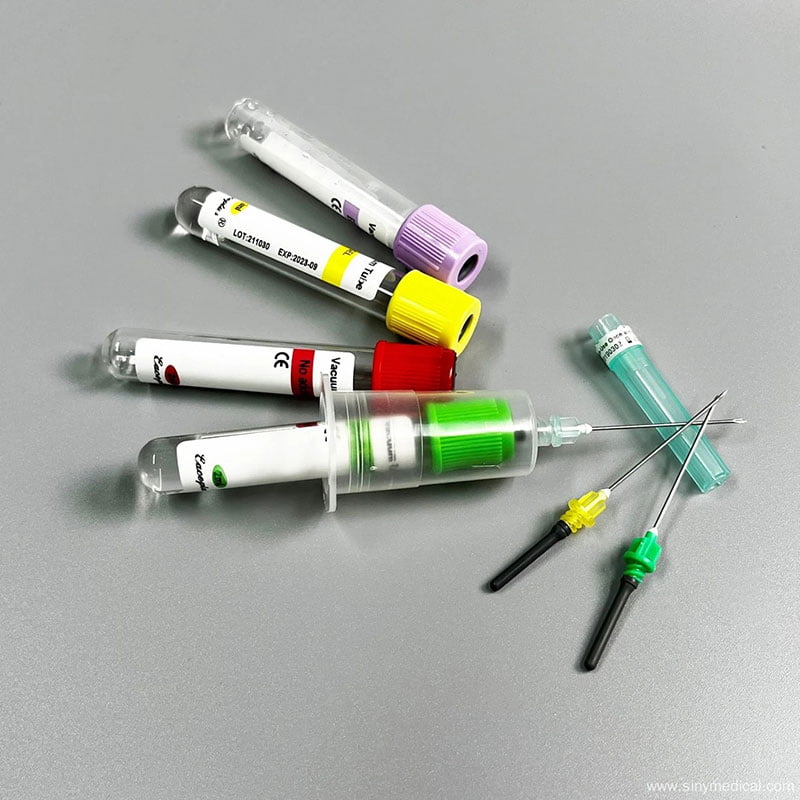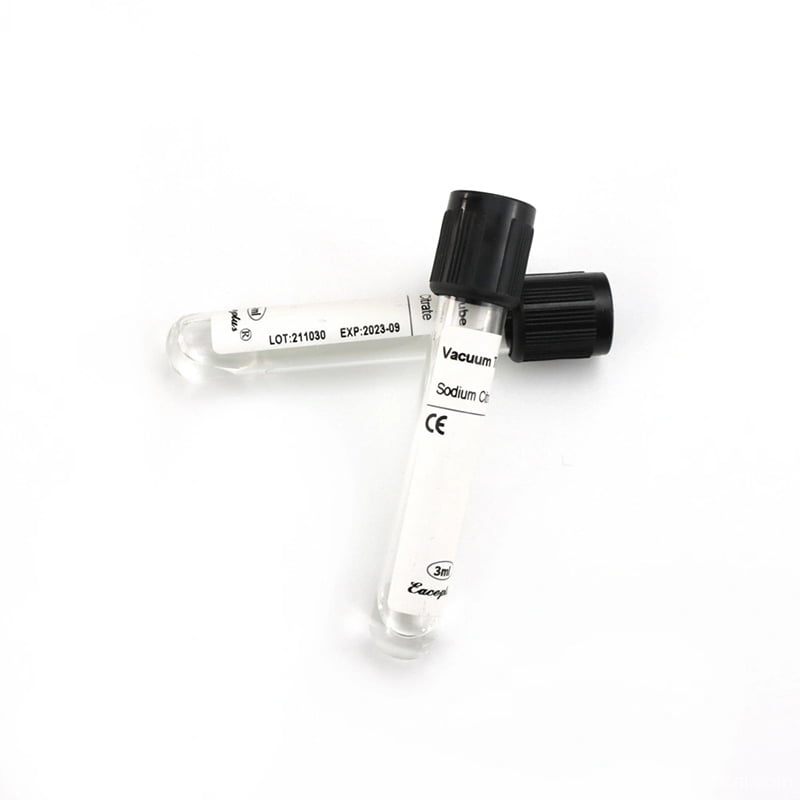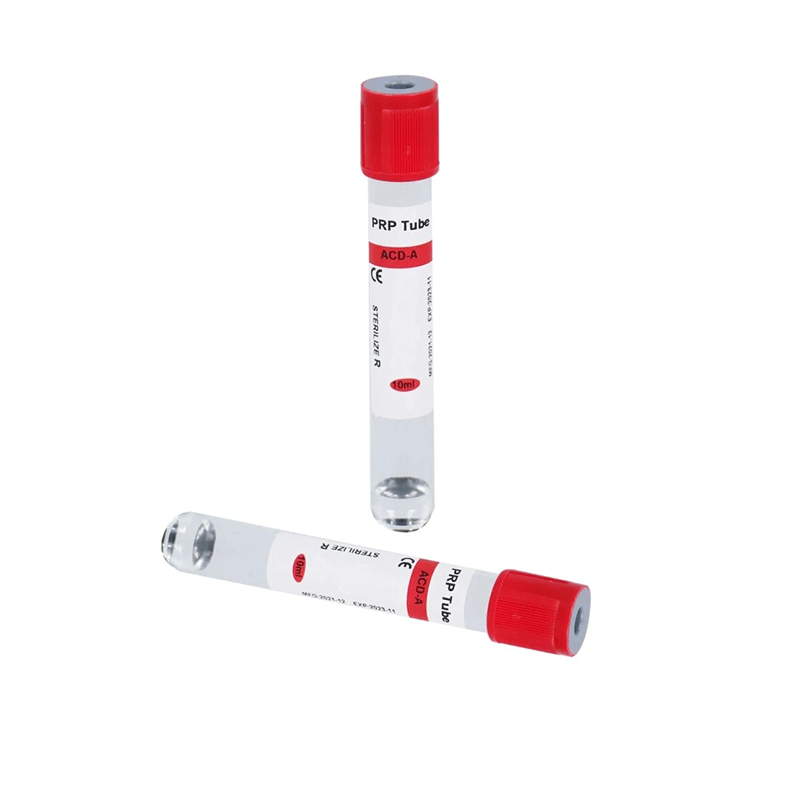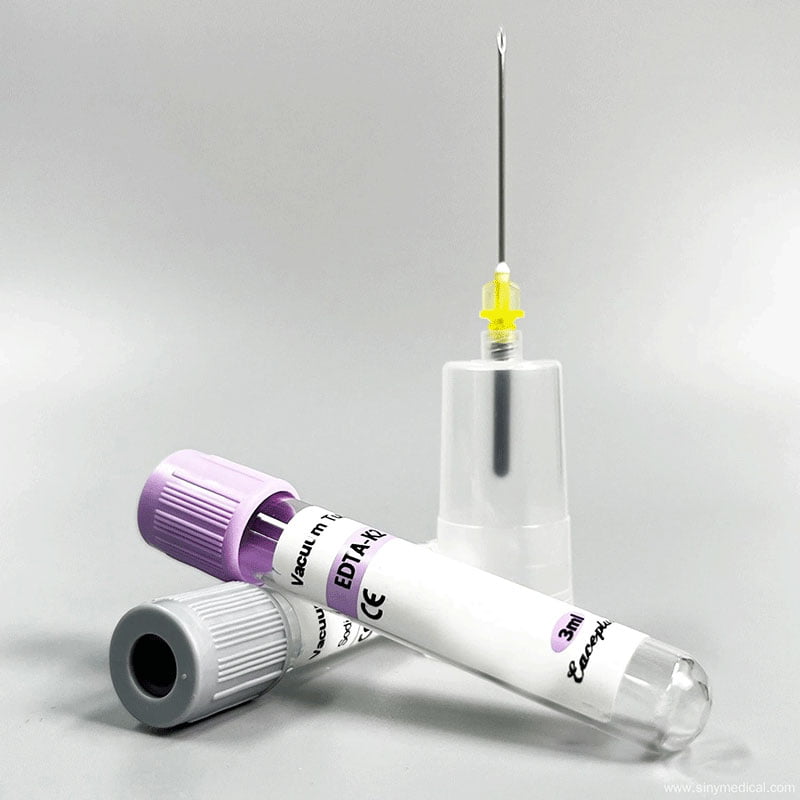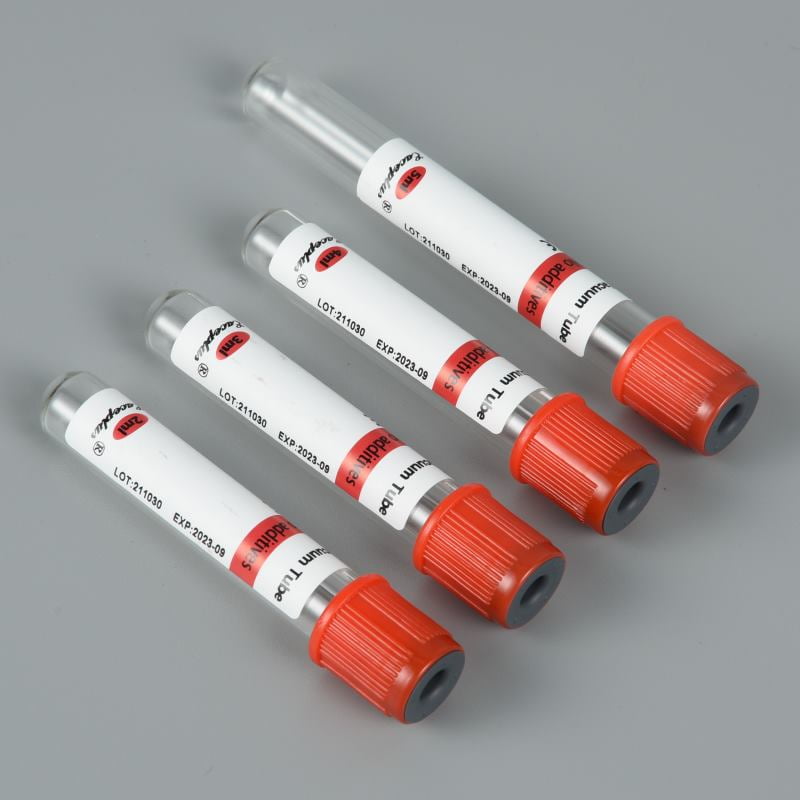As a healthcare professional or a patient who requires injections, you may be familiar with the use of 1ml syringes.Medical professionals commonly use these small but essential devices to administer medications, insulin, and vaccines. However, it is equally important to know how to store and dispose of 1ml syringes safely to prevent injuries or transmission of diseases.
Improper storage and disposal of syringes can lead to accidental injuries or infections. Improper disposal of syringes can pose risks to garbage handlers, sanitation workers, and the general public. Therefore, it is crucial to follow proper guidelines for storing and disposing of 1ml syringes.
In this blog post, we will cover the essential information you need to know about storing and disposing of 1ml syringes safely. We will provide tips for storing syringes in a safe and secure location, discuss the proper way to dispose of used syringes, and explain the legal requirements for proper disposal in your area.
We will also cover the topic of cleaning and sterilizing syringes for reuse, as this can be an option in certain situations. By the end of this post, you will have a clear understanding of the importance of proper storage and disposal of 1ml syringes, and how to do so safely and responsibly.
Table of Contents
Storing 1ml Syringes Safely
Proper storage of 1ml syringes is important to maintain their sterility and prevent contamination. The first step in storing syringes safely is to keep them in their original packaging until they are needed. This helps to protect them from light, moisture, and dust.
Syringes should be stored in a safe and secure location that is inaccessible to children and pets. Ideally, the storage area should be cool, dry, and free from direct sunlight. Exposure to extreme temperatures or humidity can affect the sterility of the syringe and increase the risk of contamination.
It is also important to avoid storing syringes near chemicals, cleaning supplies, or other materials that could damage or contaminate them. Additionally, syringes should not be stored in the refrigerator or freezer unless specified by the manufacturer.
If you need to transport syringes, they should be stored in a sturdy, leak-proof container to prevent breakage or contamination. It is also a good practice to label the container to indicate its contents and potential hazards.
In summary, proper storage of 1ml syringes is essential to maintain their sterility and prevent contamination. Keep syringes in their original packaging, store them in a cool, dry, and secure location, and avoid storing them near chemicals or cleaning supplies. When transporting syringes, use a sturdy, leak-proof container and label it appropriately.
III. Disposing Of 1ml Syringes Safely
Disposing of 1ml syringes properly is crucial to prevent injuries or transmission of diseases. Used syringes can be contaminated with blood or other bodily fluids that may contain harmful viruses or bacteria. They can also pose a risk to garbage handlers and the general public if they are not disposed of properly.
There are several safe disposal methods for 1ml syringes. One option is to use a sharps container, which is a specially designed container that is puncture-resistant and leak-proof. After use, the syringe and needle can be safely deposited into the container. Once the container is full, it can be sealed and disposed of according to local regulations.
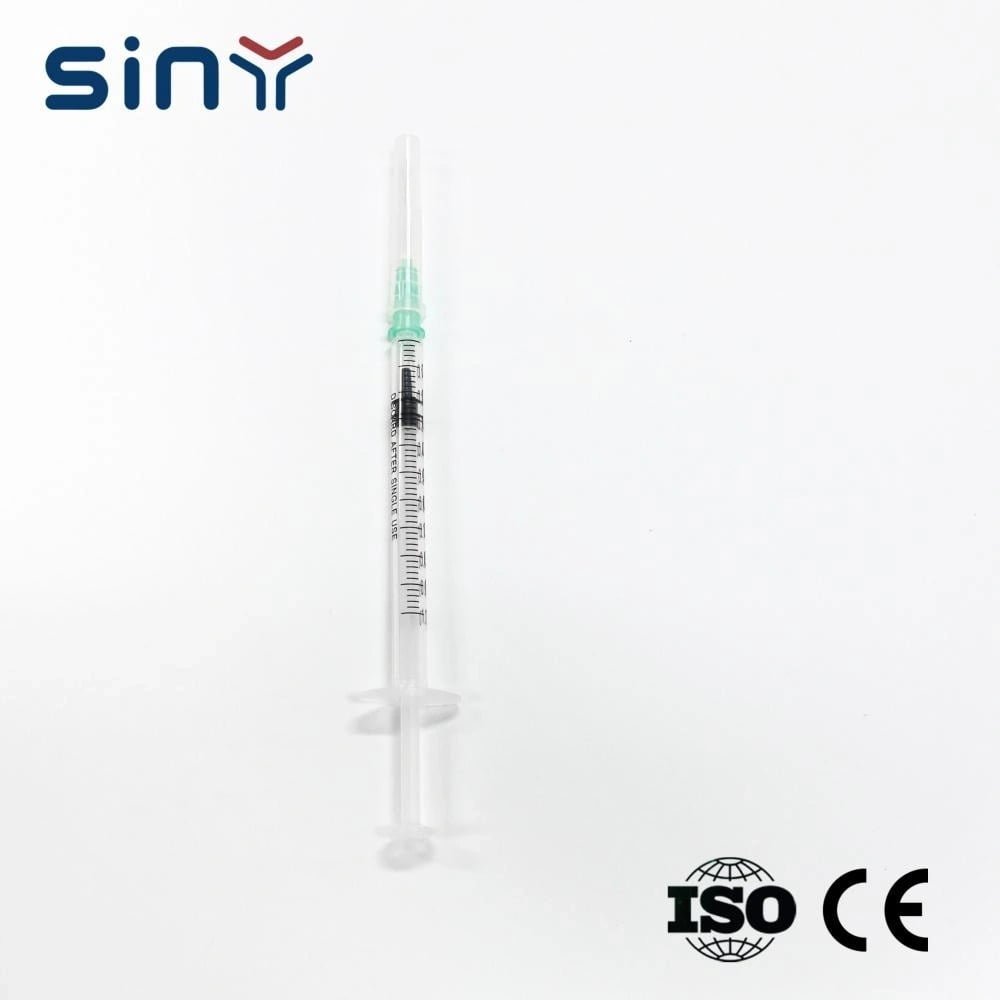
Another option is a mail-back program, which involves mailing used syringes to a designated location for proper disposal. These programs are often available through healthcare facilities or pharmacies and can provide a convenient and safe way to dispose of used syringes.
Community drop-off programs are also available in some areas, which allow individuals to drop off used syringes at designated locations for proper disposal.
It is important to check the regulations in your area for proper disposal of 1ml syringes. Some areas require that used syringes be placed in a sealed container and marked as medical waste before being disposed of in the regular trash. Failure to follow local regulations can result in fines or legal consequences.
In summary, disposing of 1ml syringes safely is crucial to prevent injuries and transmission of diseases. Sharps containers, mail-back programs, and community drop-off programs are safe disposal methods available in many areas. Always follow local regulations for proper disposal of used syringes.
Iv. Cleaning And Sterilizing 1ml Syringes For Reuse
It is important to note that 1ml syringes are designed for single-use only and should not be reused. However, in some situations where reuse is necessary, it is important to clean and sterilize the syringe properly to prevent infections or transmission of diseases.
The first step in cleaning and sterilizing a syringe for reuse is to disassemble it. Remove the plunger from the barrel and separate the needle from the syringe. Soak the syringe and needle in a solution of bleach and water for at least 30 minutes to disinfect them.
After soaking, rinse the syringe and needle thoroughly with clean water to remove any residual bleach. Then, wash them with soap and water to remove any visible dirt or debris. Rinse again with clean water and let them air dry on a clean surface.
Once the syringe and needle are completely dry, sterilize them using an autoclave or other sterilization equipment. Follow the manufacturer’s instructions carefully to ensure that the syringe and needle are sterilized properly.
It is important to note that reusing syringes is not recommended and should only be done in situations where it is absolutely necessary. Proper cleaning and sterilization procedures must be followed to reduce the risk of infection or disease transmission.
In summary, 1ml syringes are designed for single-use only and should not be reused. In cases where reuse is necessary, it is important to clean and sterilize the syringe properly to prevent infections or transmission of diseases. Disassemble the syringe, soak in bleach and water, rinse with clean water, wash with soap and water, air dry, and sterilize using proper equipment.
V. Conclusion
In conclusion, 1ml syringes are a common medical tool that are used to administer medications and vaccines. They are essential for delivering precise dosages and maintaining patient safety. However, it is important to handle and dispose of syringes properly to prevent infections and injuries.
When it comes to disposing of syringes, the best practice is to use a designated sharps container. This container should be made of puncture-resistant materials and have a tight-fitting lid to prevent accidental needle sticks. It should also be stored in a secure location away from children and pets. Never dispose of syringes in the regular trash, recycling, or flushing them down the toilet as they can pose a significant risk to public health and safety.
Proper storage of 1ml syringes is equally important to maintain their sterility and prevent contamination. Keep syringes in their original packaging until needed, and store them in a cool, dry, secure location, away from children and pets. Avoid storing them near chemicals or cleaning supplies, and always transport them in a leak-proof container.
Note that 1ml syringes are for single-use only, not reusable. When necessary, follow proper cleaning and sterilization to minimize infection risk.
In summary, proper handling, storage, and disposal of 1ml syringes are essential to protect the health and safety of both patients and healthcare professionals. Ensure safe and responsible use of syringes by always following recommended guidelines and best practices.

